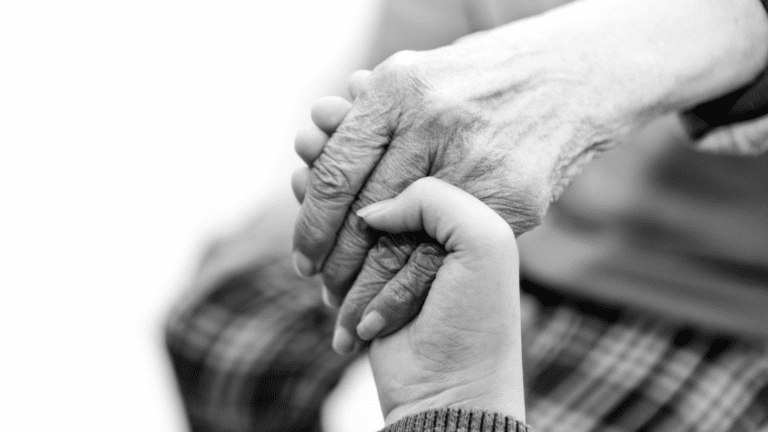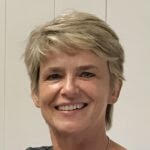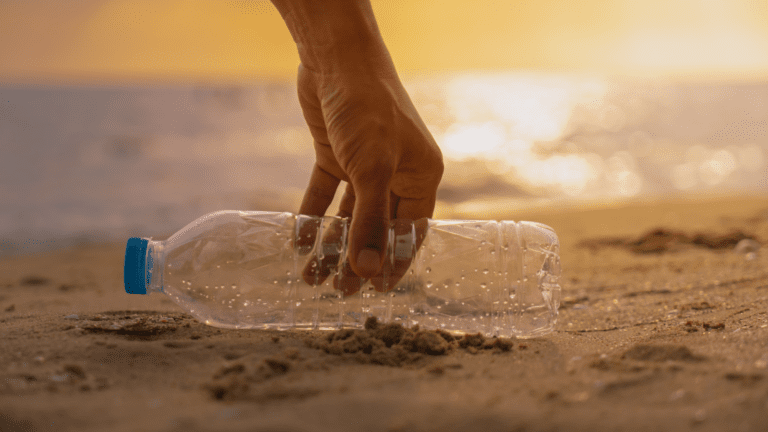We CAN make a difference

“We can change the world and make it a better place. It is in our hands to make a difference.”—Nelson Mandela
In the news recently we’ve read:
The earthquake in Turkey and Syria has claimed the lives of over 46000 people.
There are 78 million children in the world who do not go to school because of conflict, climate disasters and displacement.
While headlines like this may horrify us and cause us to feel compassion for the people involved, the reality is many of us experience a sense of helplessness and have little idea how we can make a difference. It all feels too far away.
A little closer to home:
Thousands of people are still missing in New Zealand after a cyclone hit this week.
And The Salvation Army reports that over 250000 people in Australia are homeless.
With so much inequality and suffering in our world—and in our own country—it’s understandable that we are left feeling overwhelmed and powerless to help.
When millions of lives are lost in natural disasters, or wars, for example, it sometimes seems just too large to make sense of.
“If I look at the mass I will never act. If I look at the one, I will.”—Mother Teresa
Nobel Peace Prize winner, Mother Teresa had a heart for the vulnerable which motivated her life’s work to make a difference in so many people’s lives. Her words encourage us to narrow our focus to see the individuals in need. Every small action, every person we can help makes a difference.
Not only can our actions make a difference in the lives of others, research tells us that doing good is also good for us.
Here are a few simple ideas we can act on today to help others—near and far.
Volunteer. Volunteering your time is one of the most effective ways to make a difference in the lives of others. Whether you help at a local shelter, mentor a child, or serve meals at a soup kitchen, your time and energy can go a long way in making someone’s day a little brighter.

Donate. Donating to a reputable charity is another way to help those less fortunate. There are many charities that work to alleviate poverty, hunger, and homelessness, or provide education and healthcare to those in need. You can research and find a charity that aligns with your values and donate money, time or goods to support their efforts.
Consume mindfully. Our consumption habits have a significant impact on the world around us. By being mindful of what we buy, where we shop, and how we use resources, we can reduce our environmental impact and help create a more sustainable future for everyone. Supporting local businesses and buying second-hand are ways to reduce waste and support your community.
Speak. Speaking up for those who are marginalised or disadvantaged is a powerful way to create change. Whether it’s contacting your local member, advocating for policy change, or simply having conversations with others, your voice can help raise awareness and bring attention to important issues. Glimmer also offers great opportunities for conversations and sharing ideas within a community of like-minded people.
Learn. Learning about social issues is the first step in creating positive change. By educating yourself, you can better understand some of the causes of poverty, inequality, and social injustice. For example, the United Nations website has up-to date information on a range of social issues. And on Glimmer, you can read insightful and impactful content from credible sources to help us care for the well-being of our world and each other.

Be kind. Practising empathy, compassion and forgiveness towards others can make a big difference in their lives and in our own. By showing kindness and understanding, we can create a more supportive and inclusive community for all.
Join us. Become part of the community at Glimmer and share your ideas on how to make a positive difference.
Together, we can change the world. It starts with you.
Sources:
Death toll from Turkey-Syria earthquakes passes 46,000; U.S. vows more aid. https://www.washingtonpost.com/world/2023/02/19/turkey-syria-earthquakes-death-toll/
Five reasons why being kind makes you feel good—according to science. https://theconversation.com/five-reasons-why-being-kind-makes-you-feel-good-according-to-science-92459
Homelessness statistics. https://www.salvationarmy.org.au/need-help/homelessness-support-services/homelessness-week/homelessness-statistics/
78 million children don’t go to school at all, warns UN chief in call for action. https://news.un.org/en/story/2023/02/1133567
Thousands still missing in New Zealand as cyclone death toll rises. https://www.smh.com.au/world/oceania/thousands-still-missing-in-new-zealand-as-cyclone-death-toll-rises-20230219-p5clq8.html
What makes people stop caring? https://www.bbc.com/future/article/20200630-what-makes-people-stop-caring







